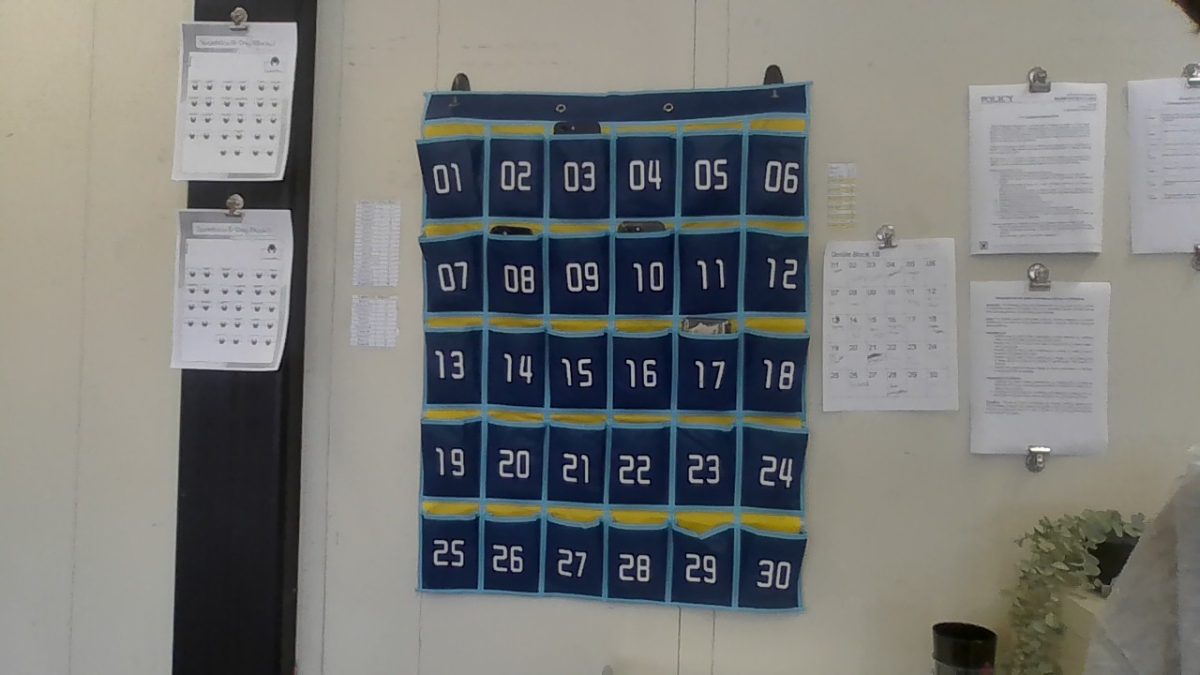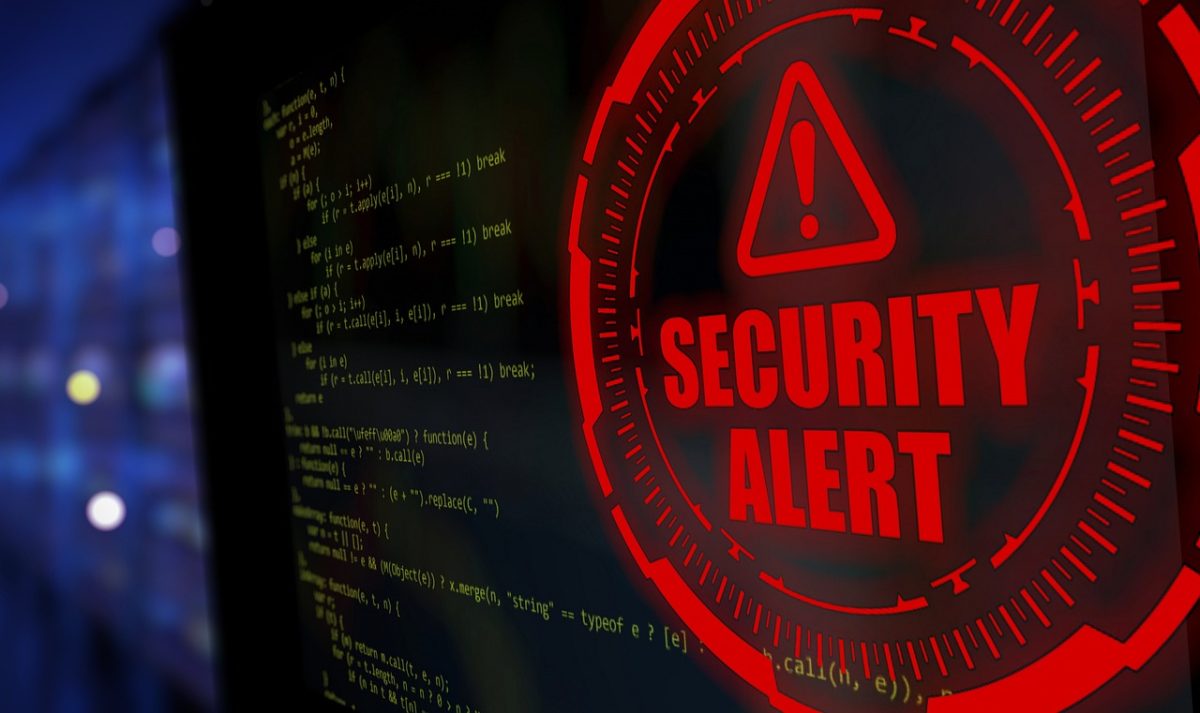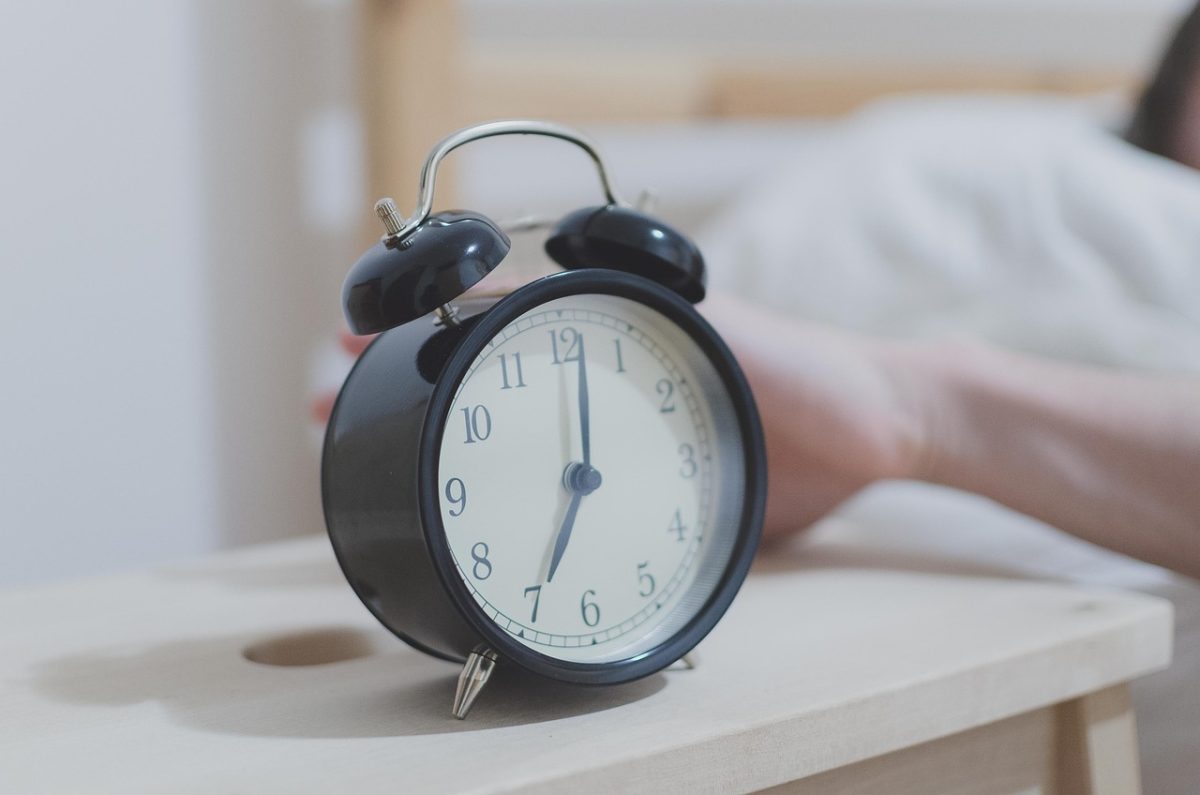If your phone goes off, what do you do? Do you check it? Is it in the cell hotel? Do you leave it until after class? Most of the time, it depends on what class you are in and the teacher’s policy.
Currently, Lakeland Regional High School does not have a school-wide cell phone policy. Cell hotels are a popular trend, however. Olivia Stonaker, junior, says it depends on the class, but this year, in all her classes she has to use a cell hotel. And no matter the class policy on cell phones, using phones during instruction is frowned upon and can lead to disciplinary actions being taken.
This aligns with much of the country. An article by CBS news reports that “about 76% of public schools prohibit non-educational use of cell phones or smartphones during school hours.” Additionally, North Jersey reports that lots of New Jersey schools use lock bags for their student cell phones, like Linden, New Brunswick, East Orange, Pennsauken, Jersey City, Willingboro and Bridgeton.
LRHS should not follow this trend. Students should be able to have their phones out or on them during classes and not in cell hotels.
There are many reasons why students should be allowed to keep their cell phones. To start, school safety concerns. According to a CBS News report, families want access to each other in the event of an emergency. With the news of school shootings year after year, this concern is legitimate.
Although less serious, another valid reason to keep phones on students is the need to figure out last minute rides or to let parents know where their student will be. At a lot of schools, including LRHS, after school sports and clubs change due to weather or unforeseen circumstances, so a student has to call their parents and let them know their whereabouts. Students can’t do that if their phones are taken away.
Another point is that teachers sometimes need their students to research information that might be banned on the chromebook or use their calculator. For instance, sometimes students need to look at social media for class assignments, like researching articles for Journalism. In classrooms where calculations are needed but calculations may not be readily available, phones come in handy. Ms. Heather Visser, biology teacher, allows her students to use the phones for calculating labs.
Lastly, students should be trusted to use our phones in school and not get it taken away. As high school students, high school is preparing us for the real world, jobs, living, so there should be a line of trust that we are mature enough to just keep our phones in our bag or out of sight, not across the class in a cell hotel. But students should get in trouble if they are caught on their phones when they shouldn’t be, like on a test or during a lecture. Mr. Kyle Lesches, special education teacher for English, allows his students to use their phones, when their work is done, but if they start using it during classwork, he says, “They start doing poorly, and I let their grade reflect.” Similarly, Mr. David Harris, special education teacher for science and reading specialist, allows his students to use their phones in class, but sometimes he’ll tell his students to put their phones away or collect them and return them at the end of the block if they become a distraction.
There are other ways to use cell phones productively as well. Mr. David Falcon, special education teacher for U.S. History 2, doesn’t make his students use a cell hotel. However, he uses cell phone use as a reward, allowing his students to use their phones if they’re done with their work.
Of course, there is another side to the argument that cellphones are a distraction and hinder student’s work. NorthJersey.com reports, “College students allowed to use cellphones during lectures performed worse on the end-of-term exam by at least 5%, equivalent to half a letter reduction.” However, this aligns with the consequences of an action.
There are also those, students included, who feel cell phones do those learning a disservice. McKayla Kerwin, freshman, thinks that there should be cell hotels because people need to get off their phones more. A few classes she has to use cell hotels for are Spanish and English.
Cell hotels and policies like it do have its benefits, but students should be able to have their cell phones on their person in case of serious or not-serious emergencies. Additionally, students need to learn to be responsible and take responsibility for their actions, including cell phone use. Students should be allowed to have their cell phones on them during the school day.









